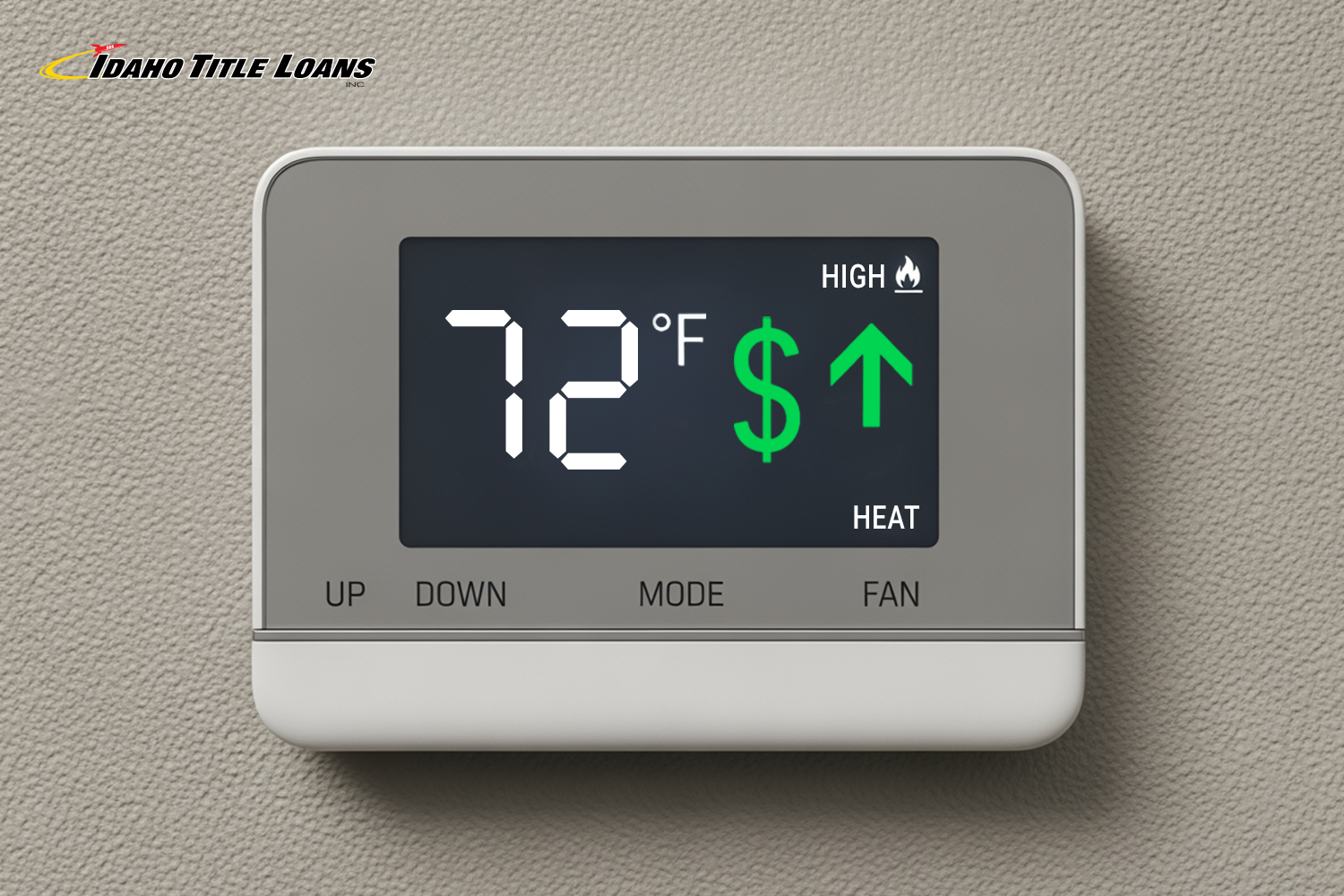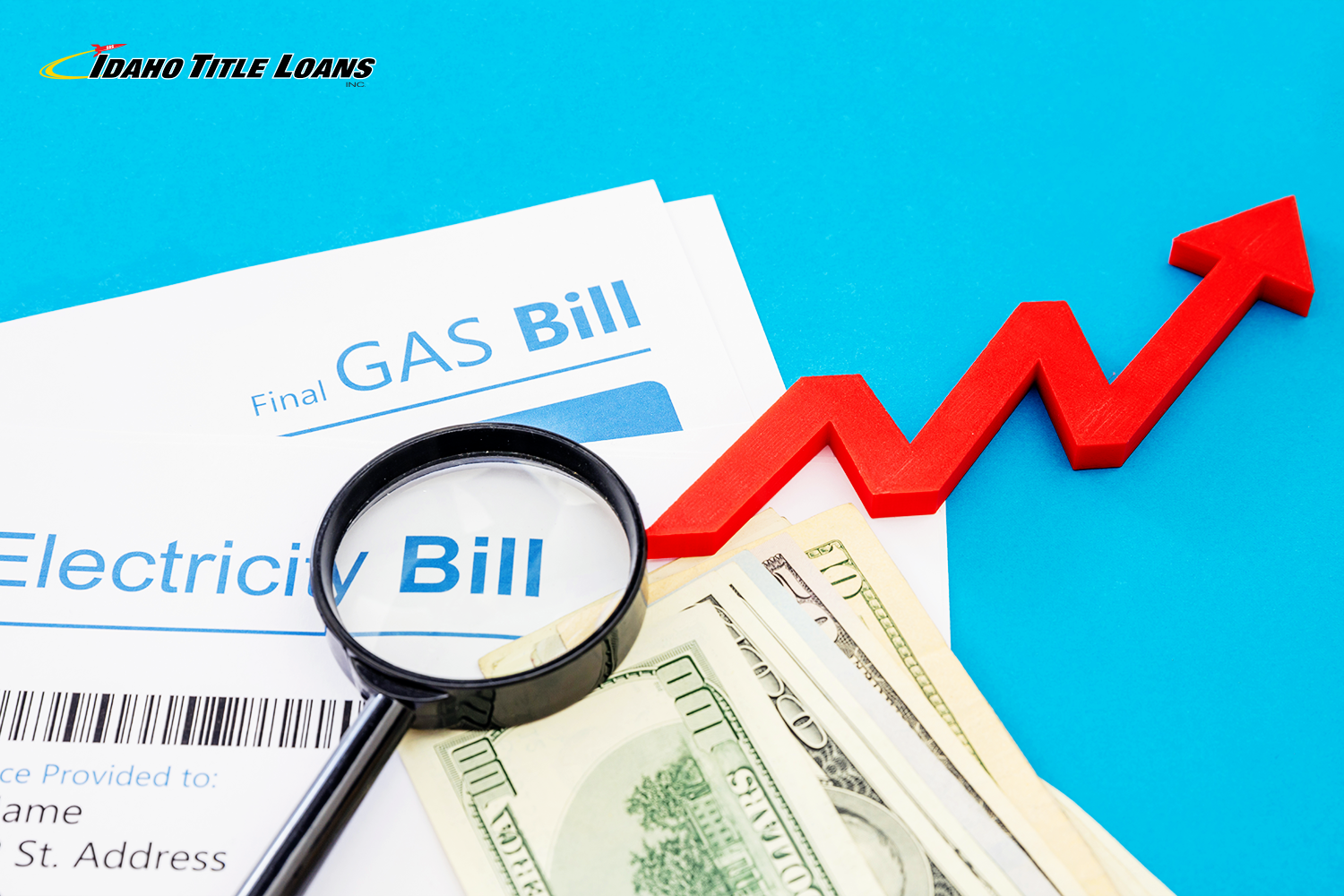No one likes to talk about money, but everyone should. Personal finance impacts everything you do currently and everything you will do in the future. Mastering the fundamentals of personal finance is one of the most important things you can do in your life.
You can get started today with this overview. Think of it as personal finance for dummies or a bit of finance 101 to set you on a path toward financial security.
The Basics Of Personal Finance If You Are New To Managing Your Money Create A Plan Now
It’s never too early to implement effective personal finance strategies into your day-to-day life. Instead of waiting until you have a high-paying job or until you are faced with a tough financial emergency, set a plan in motion to safeguard your finances today and prepare for the future.
The likely first step is creating a budget. Take stock of exactly how much money you bring in now and compare that to your monthly spending habits. Note which items are ‘wants’ and ‘needs’ on your spending list and compare.
You should get a great snapshot of your income and where to tweak your spending to make any of your short-term or long-term financial goals a reality. Once you create a budget, all you need to do is stick to it.
Live Within Or Below Your Means
Be honest with yourself when it comes to personal finances. Are you spending too much money on something you do not truly need? Are you setting yourself up for living paycheck-to-paycheck indefinitely? Are you doing everything you can to be fiscally responsible?
Many financial advisors suggest approaching your finances with the mindset to live either within your true means or, better yet, below your means. Be frugal when you can, especially if you have numerous financial goals, such as a nice vacation or buying a new car or home.
You don’t need to deprive yourself — just live responsibly. “Keeping up with the Joneses” should not be in your vocabulary.
Set Goals And Prioritize Them
Creating a budget should be followed by pinpointing all your financial goals. These can be goals related to monthly spending or future goals such as owning your own home, setting aside a certain amount for retirement, or paying down your debt to the point of becoming debt-free.
Then think about financial issues to tackle first. While becoming debt-free may be far down the road, you can prioritize setting aside a certain amount of money each month and determine which bills to pay off first.
If you dream of homeownership, figure out the price of a home you can afford, the amount of down payment it will require, and estimate the amount of time it will take to make it a reality.
Understand Your Investments And Benefits
Whether you work for someone else or run your own business, your job comes with more than just a paycheck. While many understand benefits such as leave-time or health insurance, be sure you have a grasp on such benefits as a 401(k) plan or optional retirement savings programs an employer may offer.
Keep track of your 401(k) and evaluate whether you should be putting more into the plan. Note whether an employer matches your investment in any way, as this can be a terrific opportunity to accumulate more savings.
Start Saving Today And Build An Emergency Fund
Everyone knows the importance of having savings, but many people struggle to maintain savings in any valuable way. Savings help with everything from quickly overcoming a financial emergency, like a hospital bill, to building a comfortable nest egg for retirement. The key is to start saving now, even if it’s as little as $20 a week. You will not regret it.
Consider Options For Financial Help
There are many ways to get help with your personal finances, including a laundry list of grants and federal and state programs. One option is a personal loan, such as an installment loan.
Paid off in convenient monthly installments, an installment loan is designed to be a short-term loan, offering a small amount of cash, to help you overcome financial emergencies, such as an emergency room visit, a much-needed car, or home repair, or expensive last-minute travel.
At Idaho Title Loans, Inc. you may qualify for an installment loan of up to $1,250 in as little as 30 minutes — and receive your cash the same day or the very next business day.

All you need is a driver’s license or form of state-issued I.D., proof of income via your most recent pay stub, and a checking account that is open and in your name.
To get started, fill out the short installment loan inquiry form on our homepage and a loan representative will give you a call to guide you through the rest of the process.
Get An Installment Loan Today
Part of mastering personal finance for dummies is knowing all of your financial options, including assistance through an installment loan. Start the process online, give us a call, or visit us in person to get started today.
Note: The content provided in this article is only for informational purposes, and you should contact your financial advisor about your specific financial situation.







